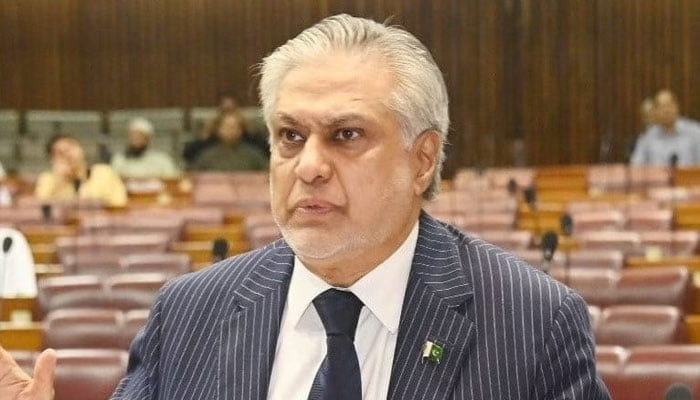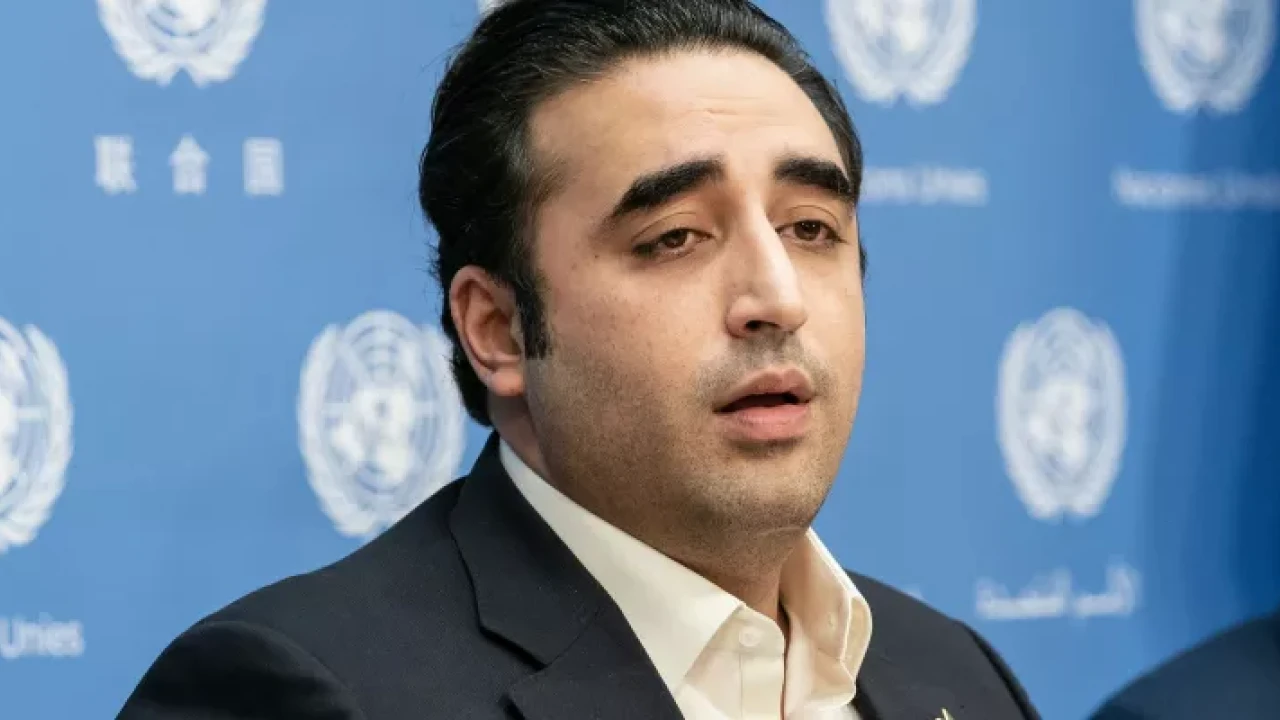The Federal Finance Minister, Senator Muhammad Aurangzeb, has assured that 95% of citizens will remain unaffected by the newly proposed Tax Amendment Bill 2024. In his address during the Senate Standing Committee on Finance meeting, the minister emphasized the importance of addressing systemic flaws to enhance the country’s GDP-to-tax ratio and restore public trust in tax collection processes.
Objective of the Tax Amendment Bill 2024
The primary goal of the Tax Amendment Bill 2024 is to expand the tax base, ensuring that all sectors contribute to the economy fairly. Currently, the tax burden disproportionately falls on the salaried class. By broadening the tax net, the government aims to:
- Increase the tax-to-GDP ratio to 13.5%,
- Reduce the excessive burden on salaried individuals, and
- Bring previously untaxed sectors under the tax net.
This reform seeks to establish a more equitable system while addressing inefficiencies in the tax collection process.
Challenges Highlighted
During the Senate meeting, Senator Shibli Faraz expressed concerns about the public’s perception of tax collection practices. He pointed out the mistrust between the people and the government, exacerbated by aggressive measures such as account closures and phone disconnections to enforce tax compliance.
Shibli Faraz remarked, “The people want taxes to be used for their welfare, but the language of tightening the noose creates further mistrust.”
In response, Chairman FBR (Federal Board of Revenue) clarified that such extreme measures are not being implemented.
Reforms and Initiatives
Finance Minister Muhammad Aurangzeb acknowledged the need to rebuild trust between the government and taxpayers. He outlined several key initiatives aimed at improving transparency and efficiency in the tax system:
- Elimination of Corruption: Measures are being taken to eradicate corruption within the FBR, ensuring fair treatment for taxpayers.
- Restructuring the FBR: The Federal Board of Revenue is undergoing significant structural changes to enhance its operational efficiency.
- Increased Use of Technology: Advanced technological tools will be deployed to simplify tax collection, reduce manual intervention, and minimize errors.
The Finance Minister reiterated the importance of restoring trust and ensuring that tax revenues are utilized for public welfare projects, aligning with the expectations of taxpayers.
Public Concerns and Government Response
The public’s apprehension regarding the high tax burden on the salaried class was a recurring theme in the discussion. The Finance Minister assured that the government is committed to:
- Right-sizing federal institutions to reduce administrative costs,
- Implementing fair taxation policies that target all sectors, and
- Expanding the tax net without disproportionately burdening any specific group.
He stated, “We aim to fix the faulty process and ensure that the tax system is fair and transparent. Trust-building measures will be a priority.”
Future Prospects
The successful implementation of the Tax Amendment Bill 2024 is expected to:
- Boost GDP growth by ensuring a steady flow of revenue,
- Promote equitable taxation across all sectors, and
- Foster public trust through transparency and corruption-free processes.
By broadening the tax base, the government can allocate more funds for development projects, addressing critical areas such as education, healthcare, and infrastructure.
Senate Standing Committee on Finance Meeting Highlights
The meeting, chaired by Finance Minister Muhammad Aurangzeb, included participation from committee members and the Chairman FBR. Key takeaways from the discussion included:
- The importance of public welfare in tax collection strategies,
- The need for language that promotes cooperation rather than enforcement, and
- The role of technology in modernizing the tax system.
Senator Shibli Faraz’s call for greater accountability and trust resonated strongly. He emphasized that the government must demonstrate the tangible benefits of tax collection to the public.
The Tax Amendment Bill 2024 represents a pivotal step toward creating a fairer and more transparent taxation system in Pakistan. By addressing systemic flaws, expanding the tax net, and prioritizing public trust, the government aims to foster economic growth and equitable development.
As the reforms unfold, the focus remains on ensuring that tax revenues are utilized effectively for public welfare, reinforcing the government’s commitment to transparency and accountability.
This landmark legislation has the potential to reshape Pakistan’s economic landscape, balancing the needs of taxpayers with the country’s development goals.



